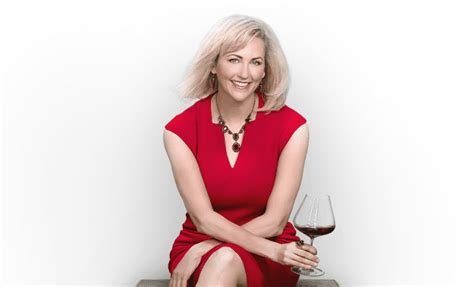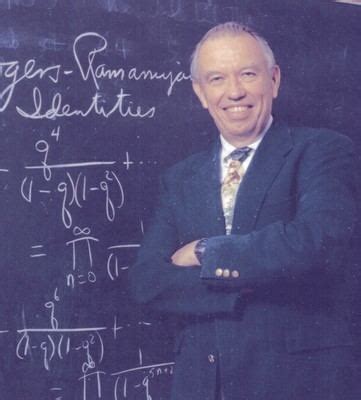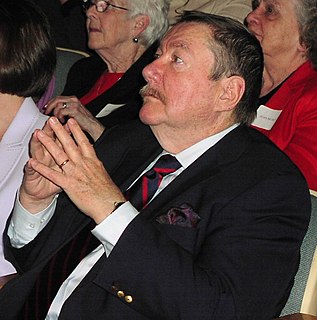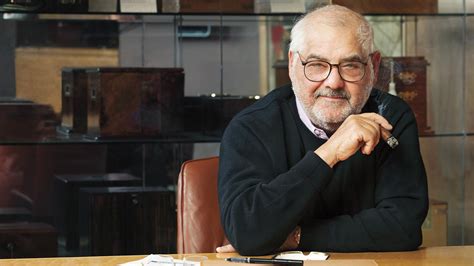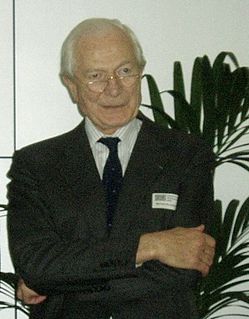A Quote by Robert M. Parker, Jr.
Scores do not reveal the most important facts about a wine. The written commentary (tasting notes) that accompanies the ratings is a better source of information than any score regarding the wine's style and personality, its quality level relative to its peers, and its relative value and aging potential.
Related Quotes
I had a little epiphany when I was a writer at 'Chicago' magazine. I sat down to dinner at the Ritz-Carlton. Somebody poured a white dessert wine with chocolate cake. It was a wine I would never have expected to make sense. The idea of any wine tasting fabulous with chocolate cake was fascinating to me.
There's always a wine bully. The one person who did read the 'Wine Spectator,' who tells you what to drink and why the '97 is better than the '98. I want to punch the wine bully in the face. I want to make sure this generation of wine drinkers isn't elitist and snotty. I want it to be about family and bringing people together.
The world has changed - through technology, through wine-making techniques, the quality of wine is greater than it's ever been. Whereas ten, fifteen years ago it was very easy to find lots of bad wine, it's kind of hard now. The technology, the science - it's like, are you kidding? We're in the golden years of wine!
You do not need to be an expert, or even particularly interested in wine, in order to enjoy drinking it. But tasting is not the same as drinking. Drinking pleases, mellows, loosens the tongue and inhibitions; drinking wine with food is healthy and natural; drinking good wine with good food in good company is one of life's most civilized pleasures.
Inevitably I came to associate any wine I met with a specific place and a particular slant of history. I learned to perceive more than could be deduced from an analysis of the physical elements in the glass. For me, an important part of the pleasure of wine is its reflection of the total environment that produced it. If I find in a wine no hint of where it was grown, no mark of the summer when the fruit ripened, and no indication of the usages common among those who made it, I am frustrated and disappointed. Because that is what a good, honest wine should offer.
In addition to the problem of public confidence, hiring a relative also causes problems within the government organization. It can undermine the morale of government officials. It can cause confusion about what the lines of authority are; in other words, the relative may have a particular title, but many may perceive the relative's role as even more important than the title would suggest. It may be very difficult to say no to the president's son-in-law.


